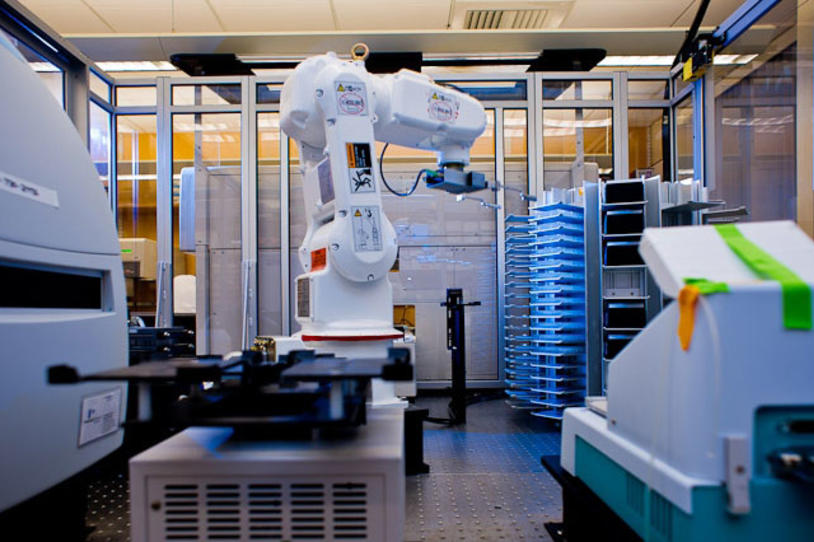
Laboratory experiments are not unlike cooking, when the end result that arises from a great recipe is only as good as the ingredients used by the chef. Scientists, too, need good laboratory “ingredients” to drive forward early stage science that, down the road, could lead to the development of potential drugs for diseases such as Parkinson’s. But without them, research projects risk deflating like a poorly constructed cake.
Much like flour, butter and milk are staples in the kitchen, research tools such as DNA plasmids and antibodies are staple “ingredients” in the lab. But too often, these tools are too expensive, or altogether unavailable —frustrating realities that can sometimes halt drug development leads before they even get started.
For this reason, The Michael J. Fox Foundation (MJFF) is devoting significant resources toward the development and distribution of a number of research tools that could speed treatment breakthroughs to people living with Parkinson’s disease (PD). In particular, MJFF is pioneering a program to bring antibodies, which can detect key proteins implicated in PD, into the hands of scientists at little or no cost. With better access to such antibodies, the hope is that researchers can more efficiently study cellular functions at work in Parkinson’s pathology, in turn informing approaches to develop new therapies.
MJFF has focused its efforts on producing antibodies against a protein in the brain called LRRK2, which is implicated in some genetic forms of PD. Working with a who’s-who of global LRRK2 research labs, the Foundation has funded the creation of high-quality antibodies, then distributed them free of charge to any researcher willing to share data and which ones worked the best.
Already, MJFF’s “community validation model” for sharing LRRK2 antibodies is paying dividends — just this past week, the Mayo Clinic’s Heather Melrose, PhD and the University of Alabama’s Andrew West PhD (co-corresponding authors), published important findings demonstrating that each LRRK2 antibody tested has a particular propensity to be effective in various laboratory applications. This means researchers moving into the PD field, and the LRRK2 field in particular, need not start from scratch when assembling their experiments — the recipe and the ingredients have already been field-tested. This moves research forward that much quicker. Explains Melrose:
“We have shown, thanks in part to MJFF, that researchers now have in their pantry the right ‘ingredients’, to study LRRK2, and that they can use these antibodies to now begin to look at where, and how, in the human brain mutations in the gene might be leading to the onset and progression of PD. These antibodies will be valuable tools for better understanding LRRK2 biology, which should help to drive forward PD drug development.”
“Almost since day one, Fox has committed to learning more about LRRK2, which is showing more and more to be an attractive target for PD therapeutic research. This community validation model for the development of LRRK2 antibodies is no exception, and we are thankful for the collaborative opportunities presented by MJFF to drive our own research forward.”
Throughout the course of this particular study, six laboratories worked closely together to test the antibodies and share results. Investigators included:
- Drs. Dario Alessi and Paul Davies – University of Dundee
- Dr. Deanna Benson – Mount Sinai School of Medicine
- Dr. Charles White – University of Texas, Southwestern Medical Center at Dallas
- Dr. Thomas Beach – Banner Sun Health Research Center
- Dr. Andrew West – University of Alabama
- Dr. Heather Melrose – Mayo Clinic, Jackonville
To learn more about the ten novel antibodies that Melrose and team have targeted in their research, and why she thinks they could become significant tools for the Parkinson’s field, check out this podcast from Biochemical Journal.